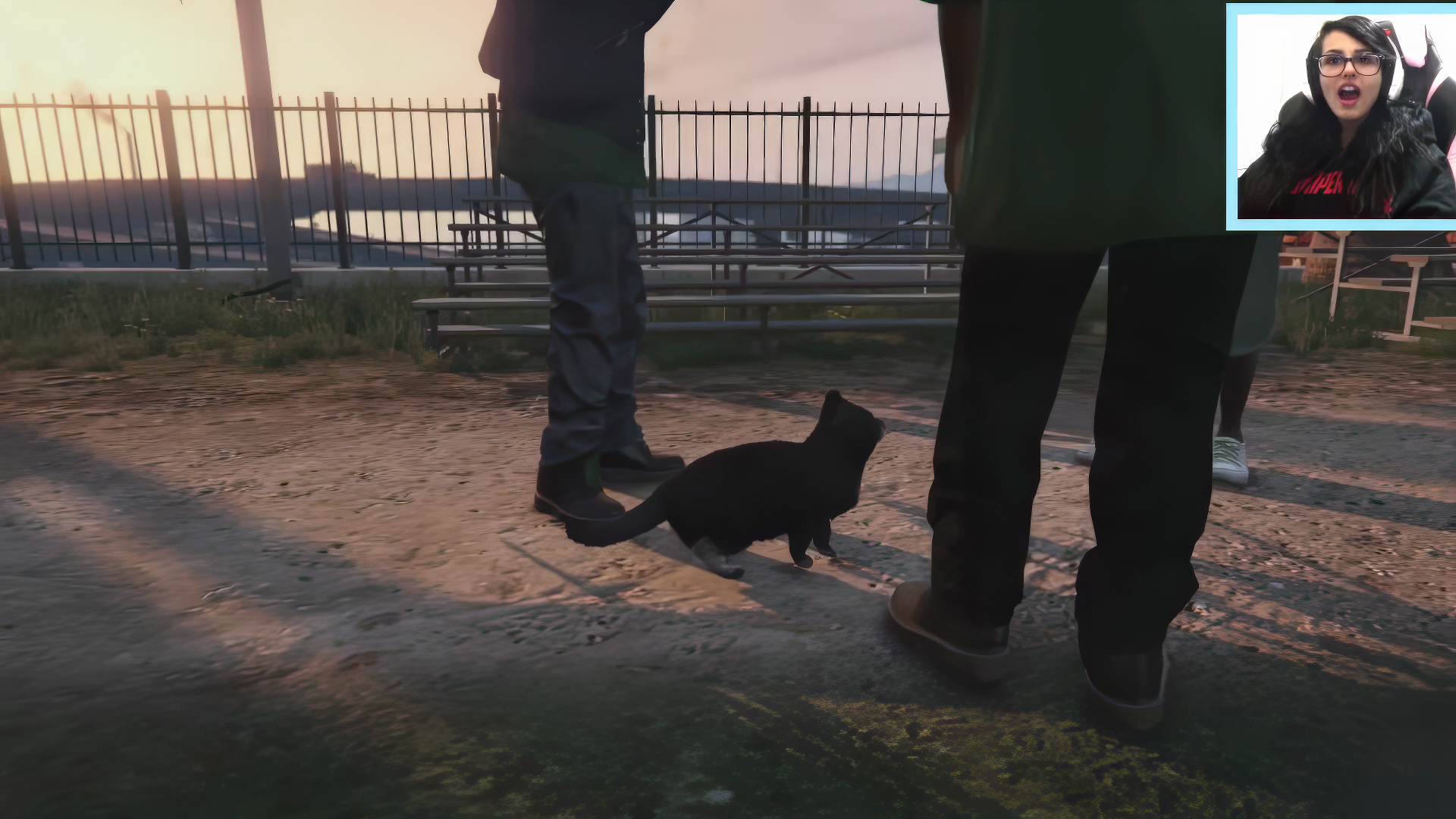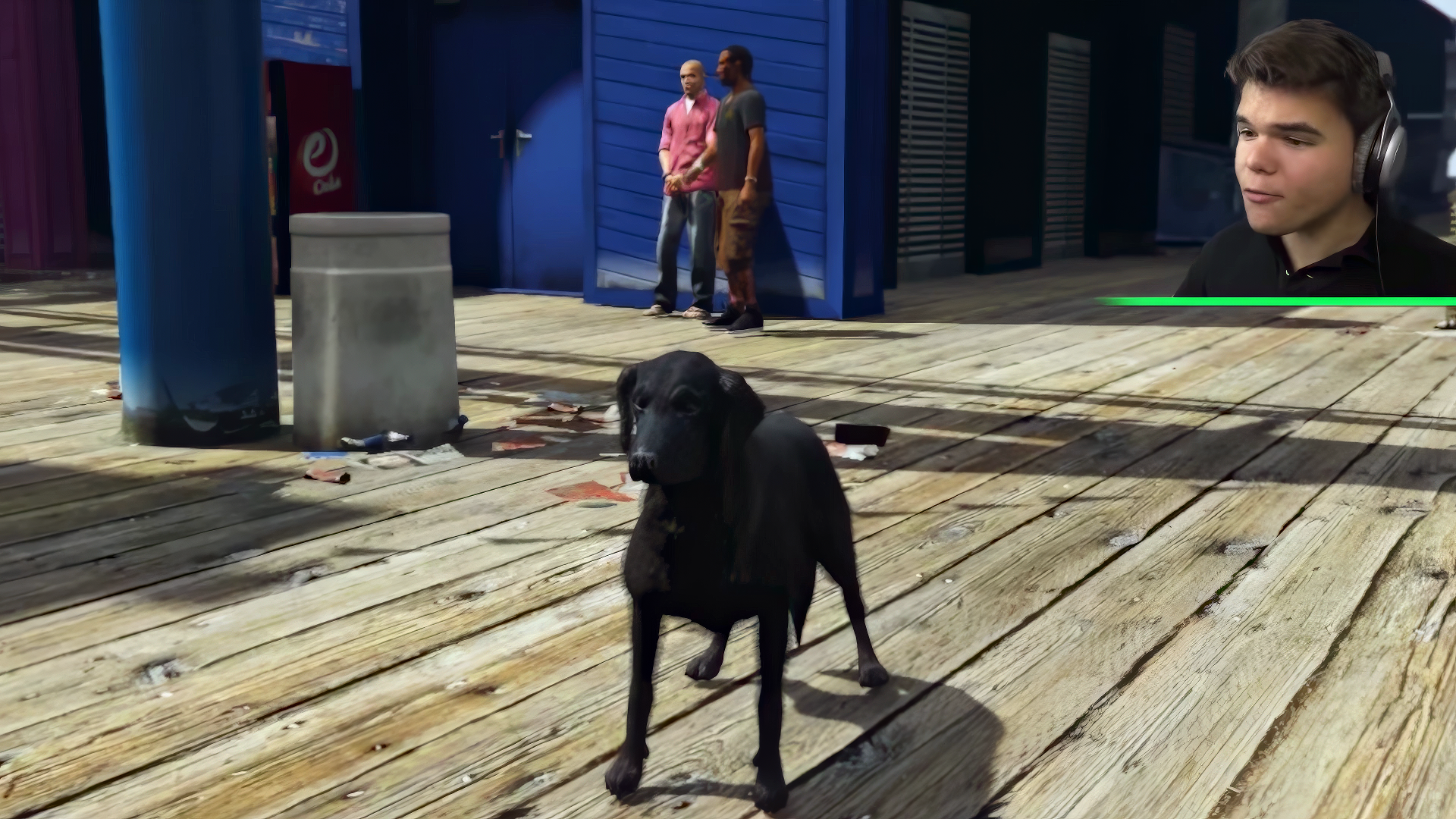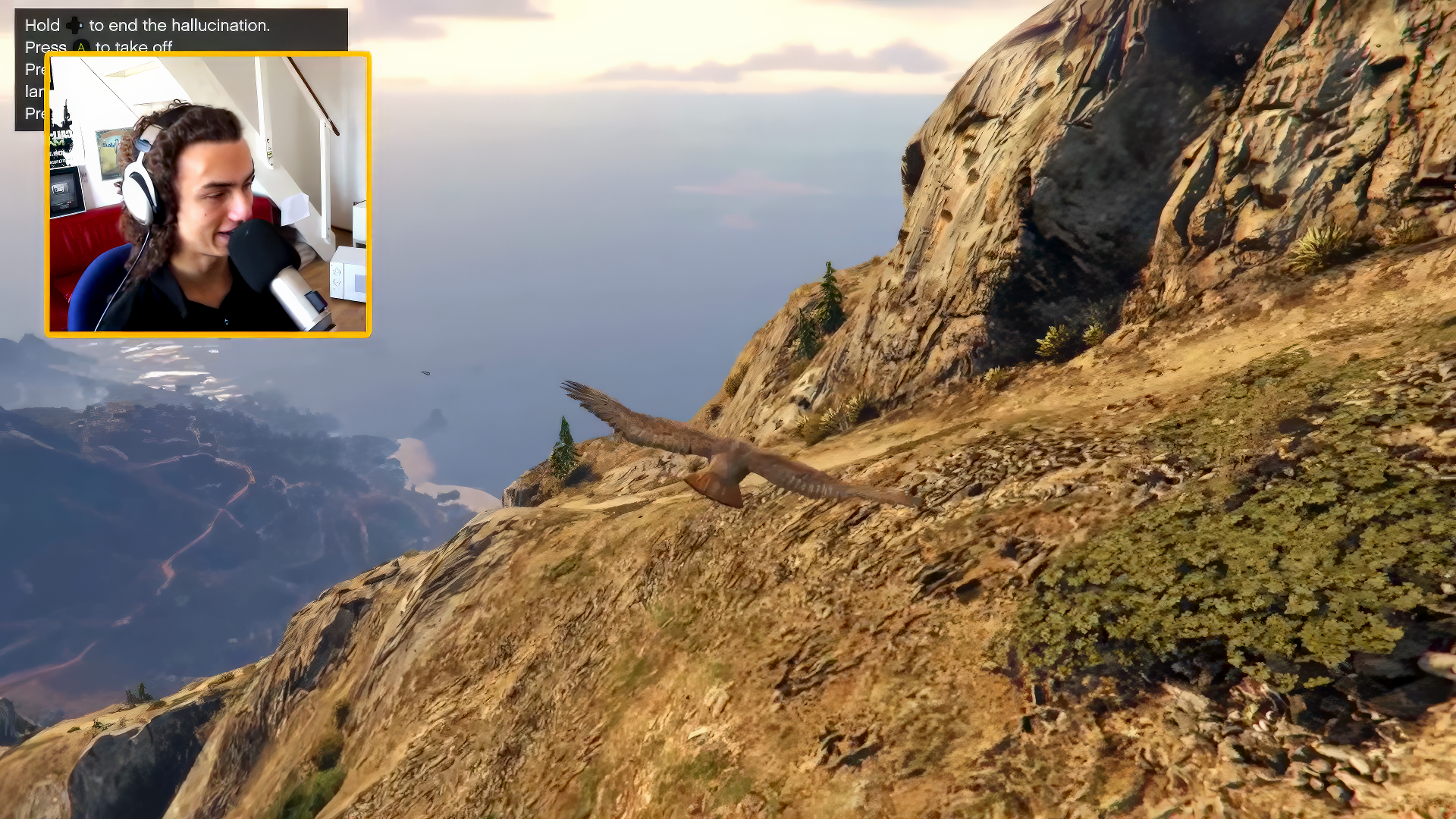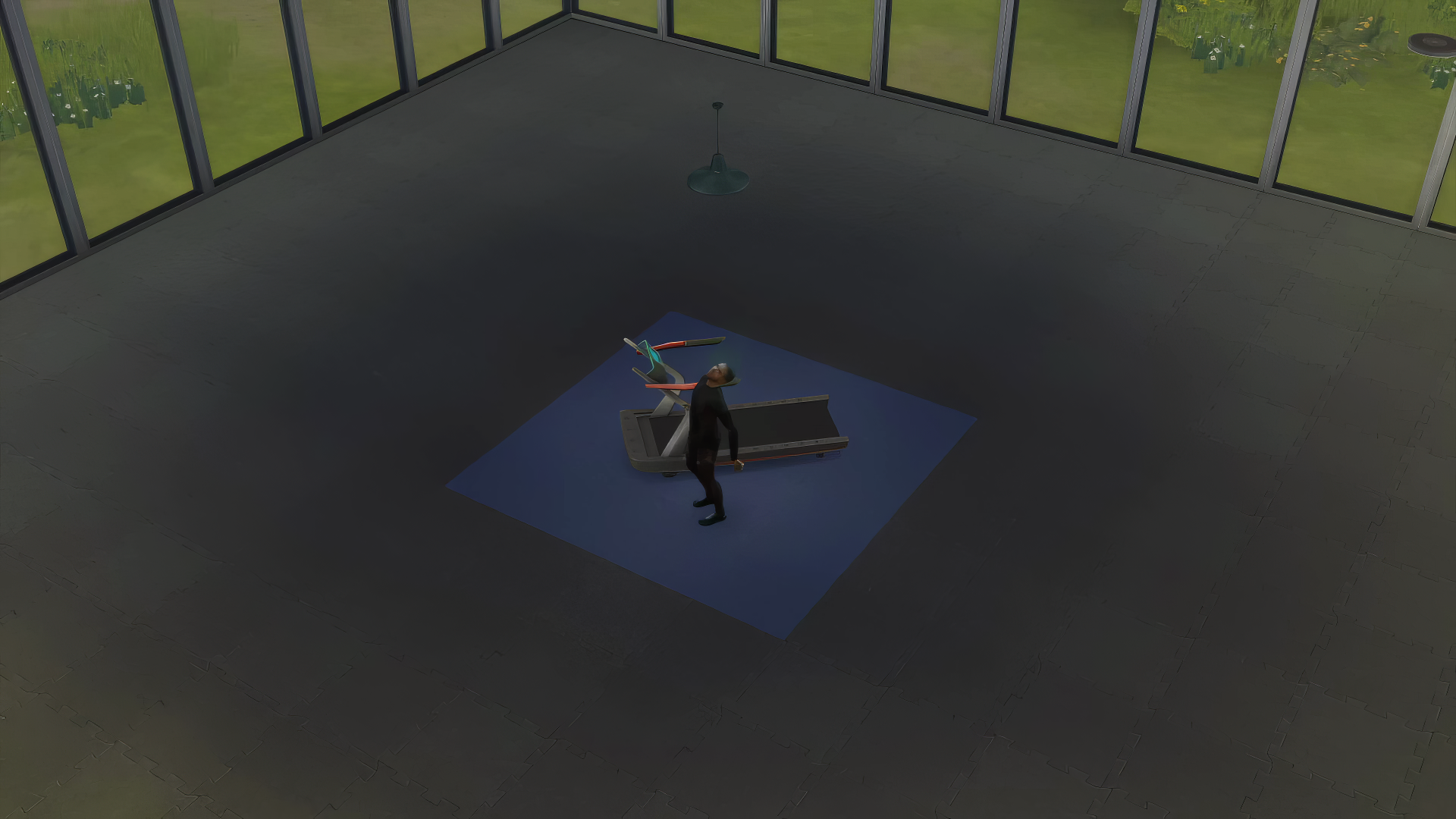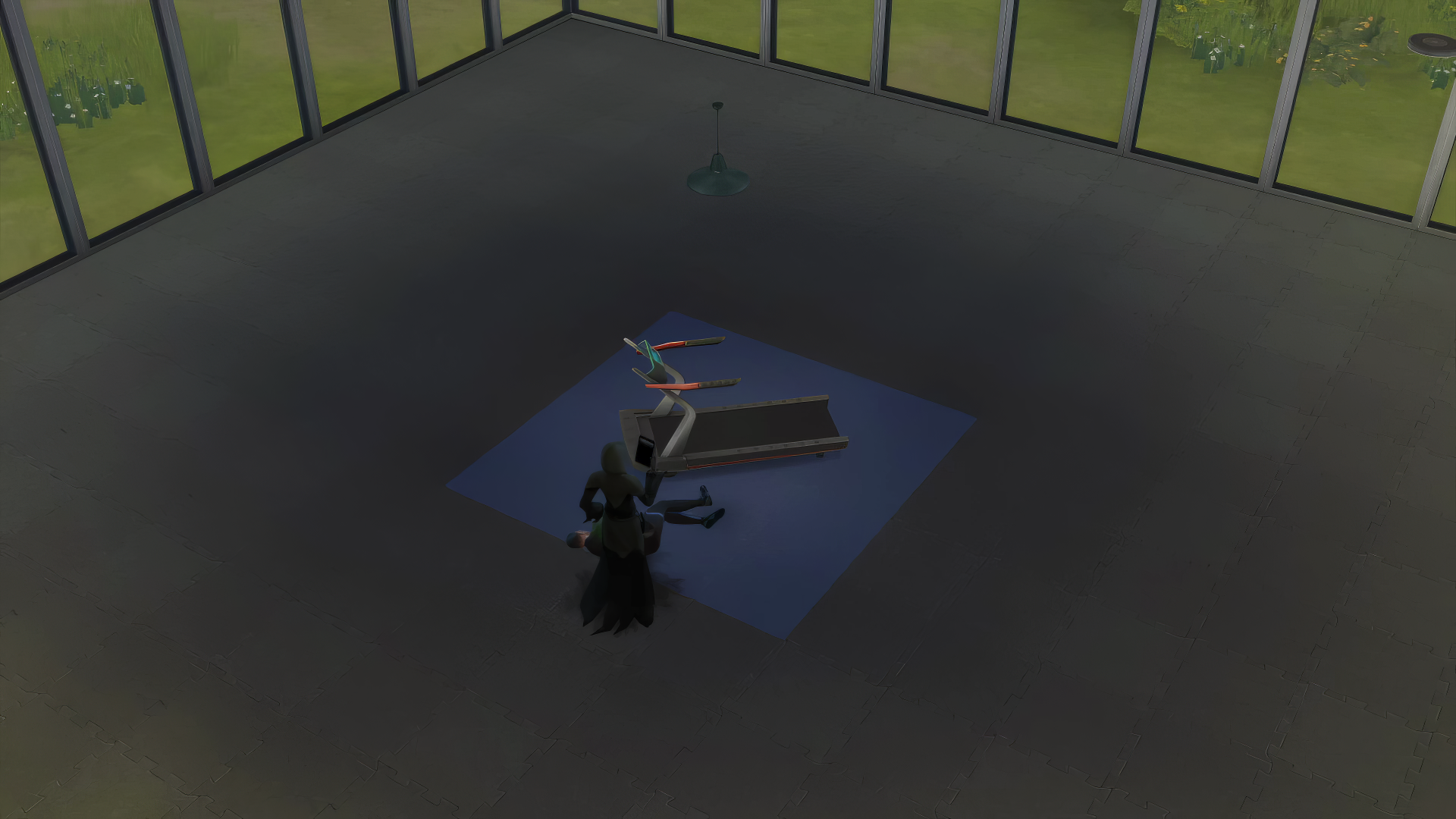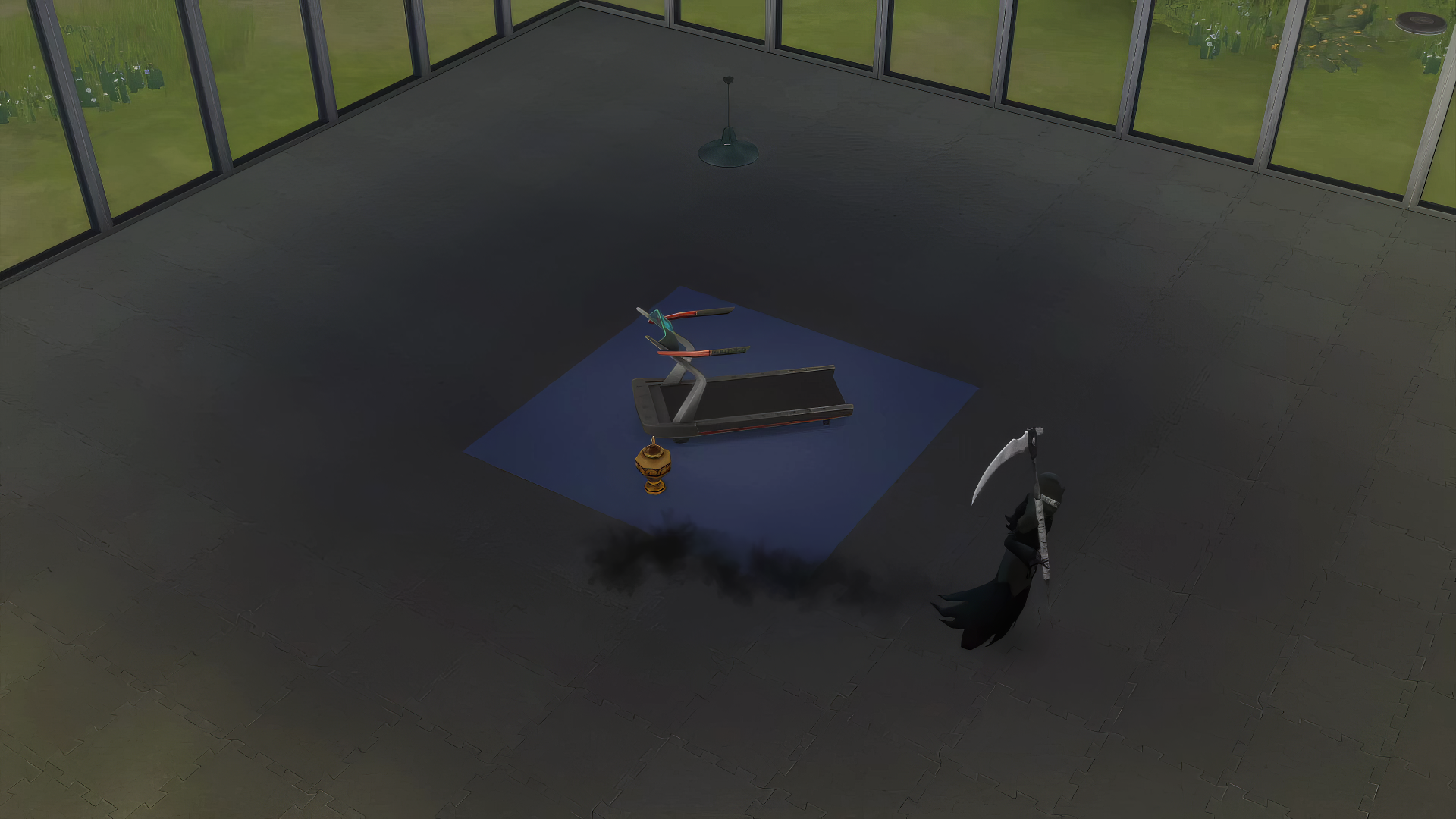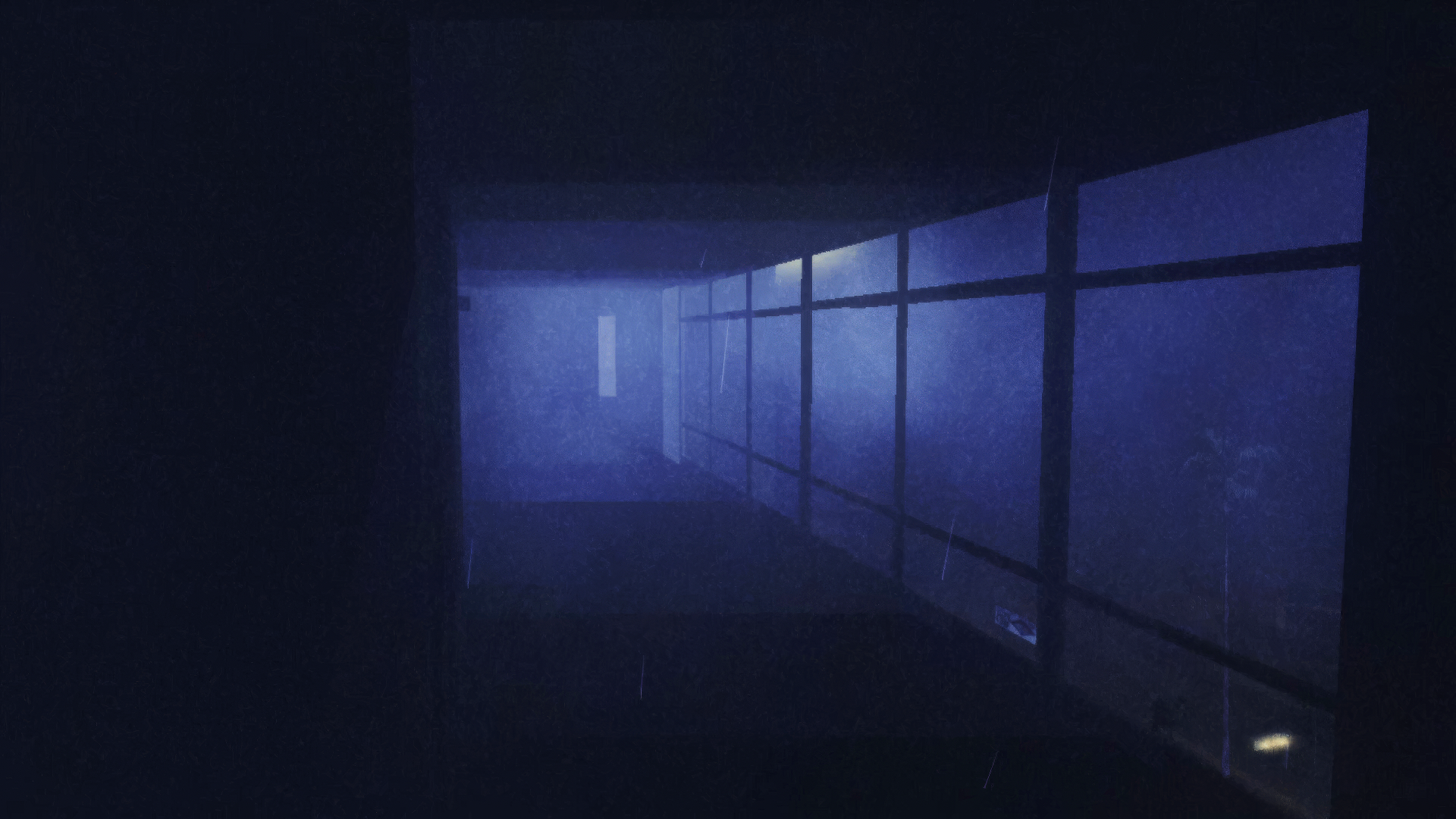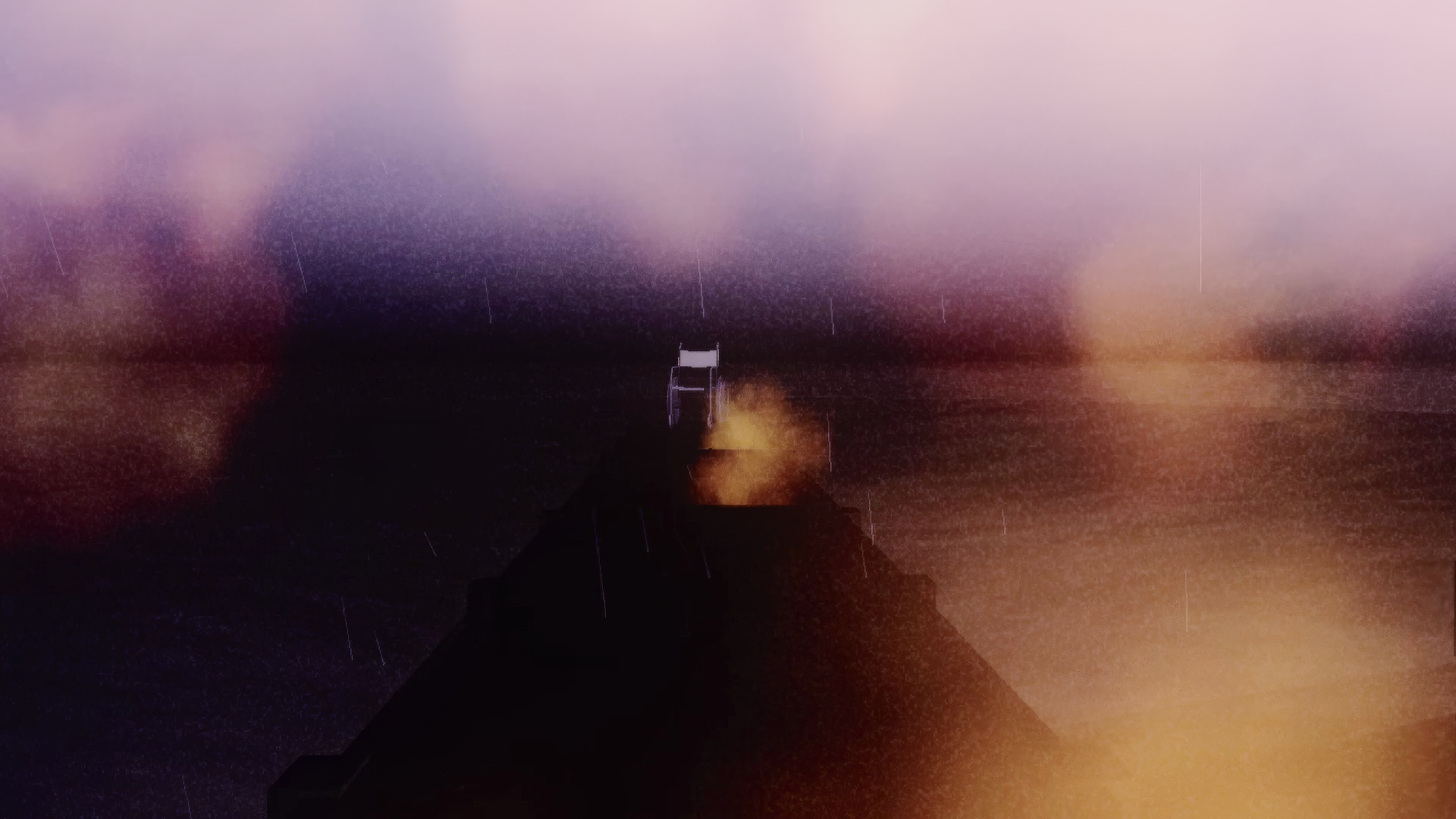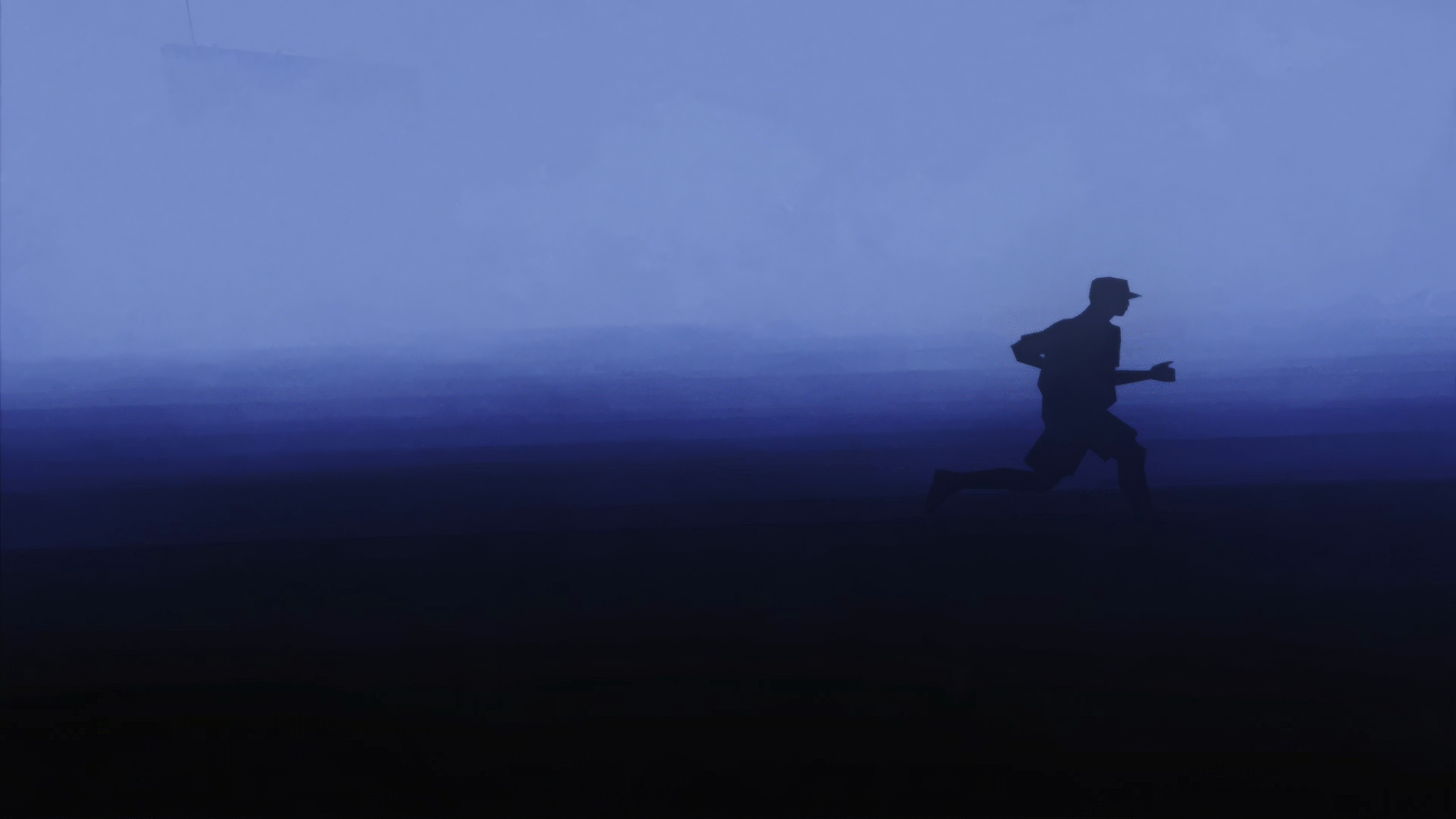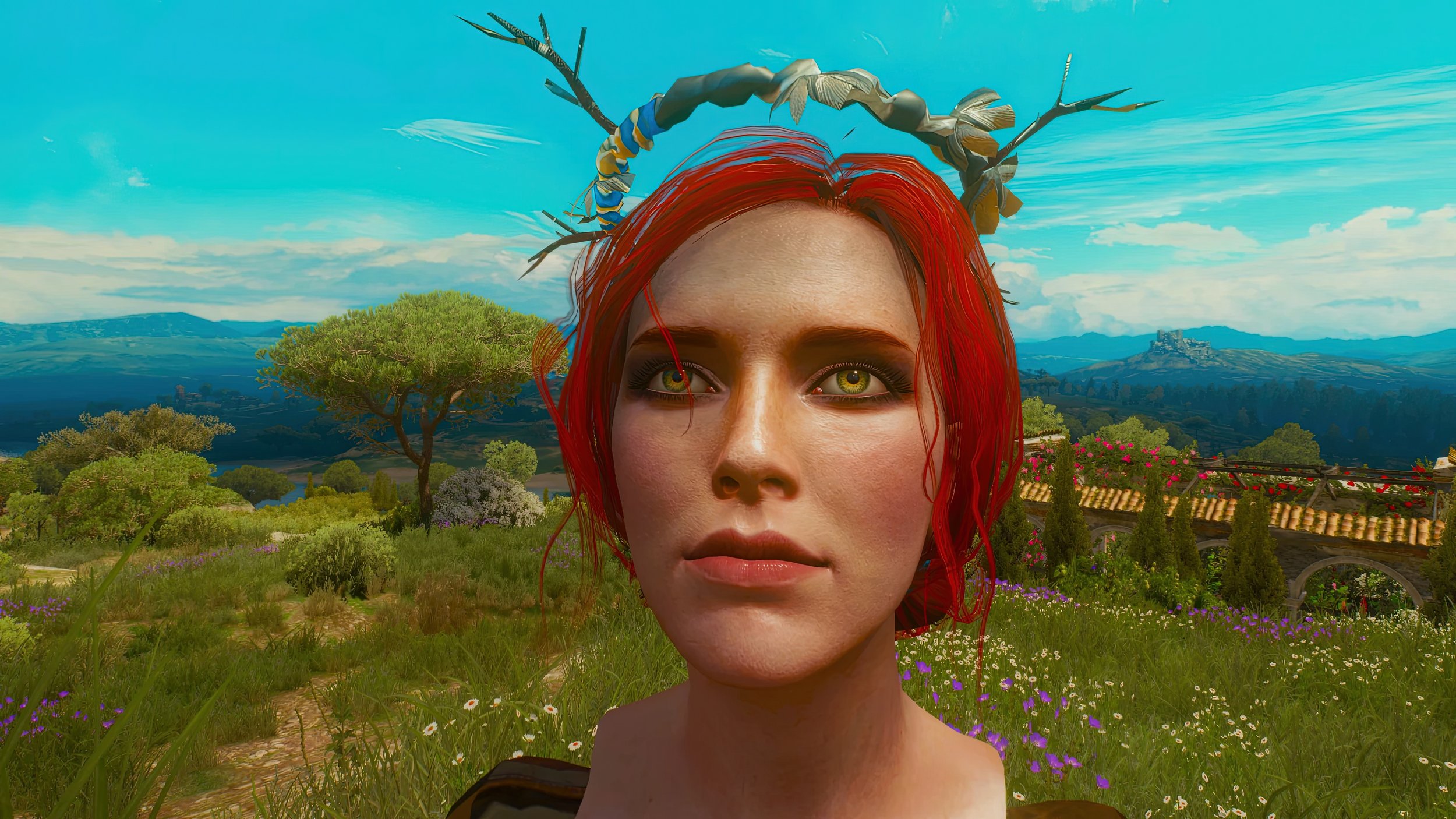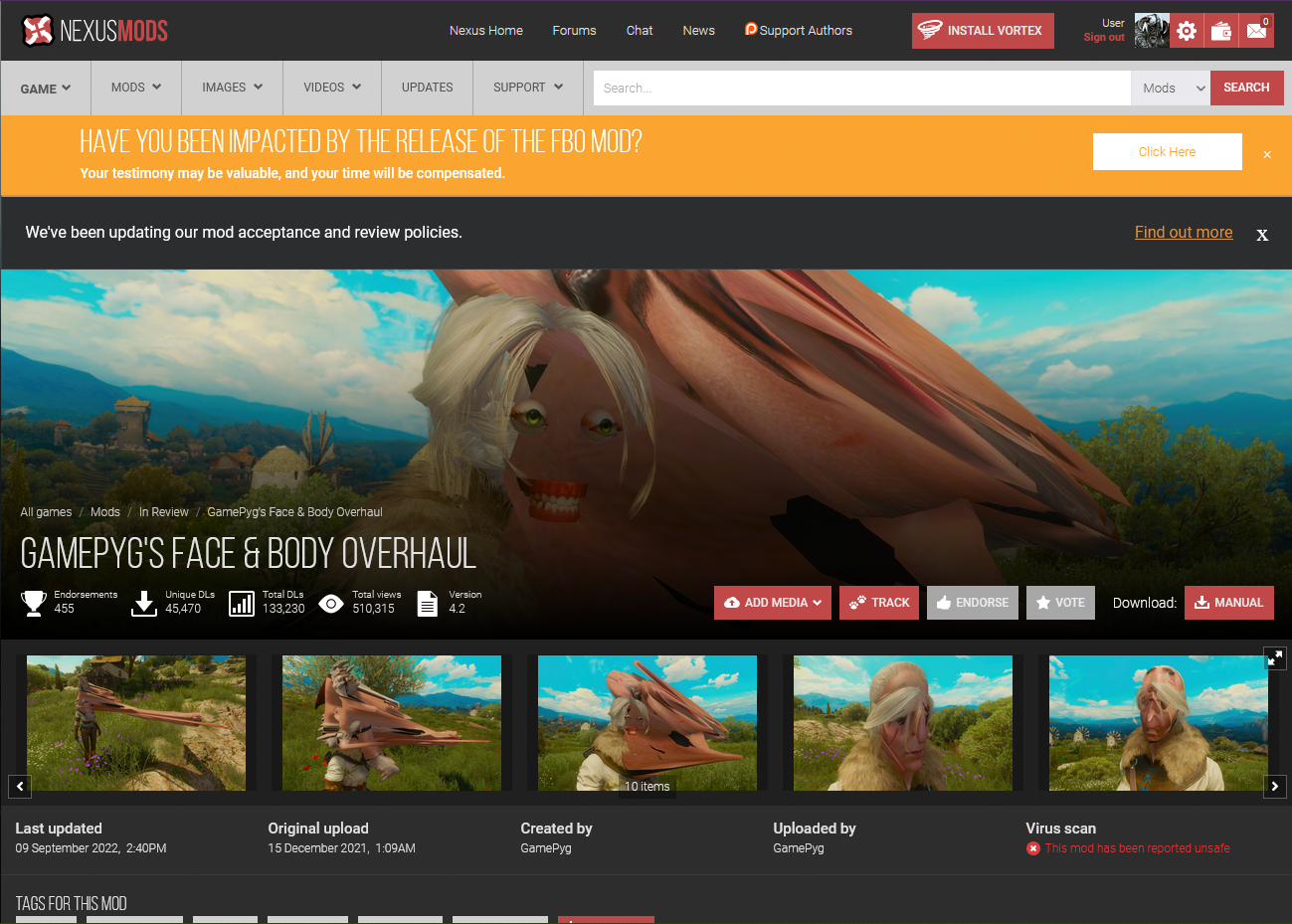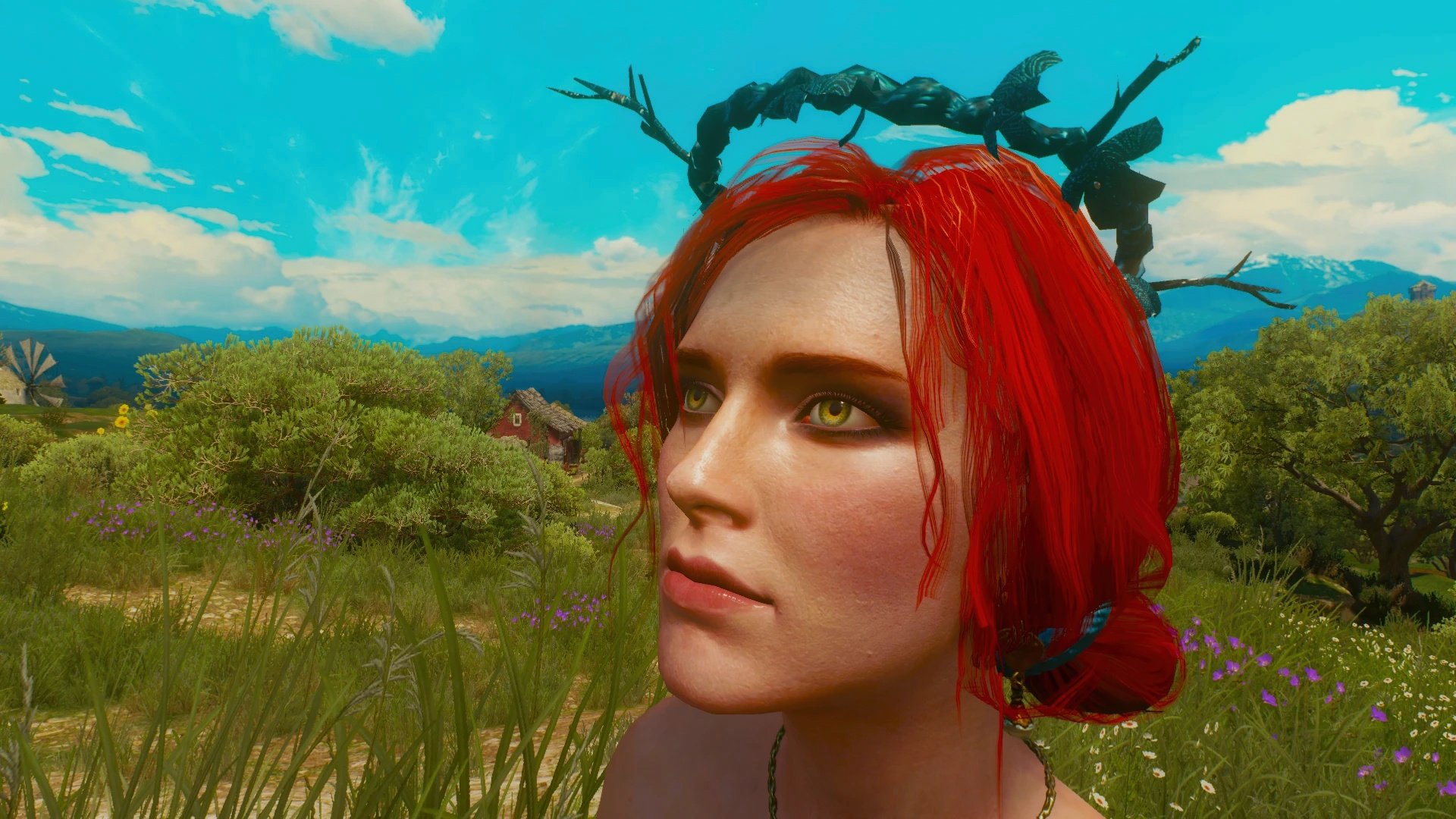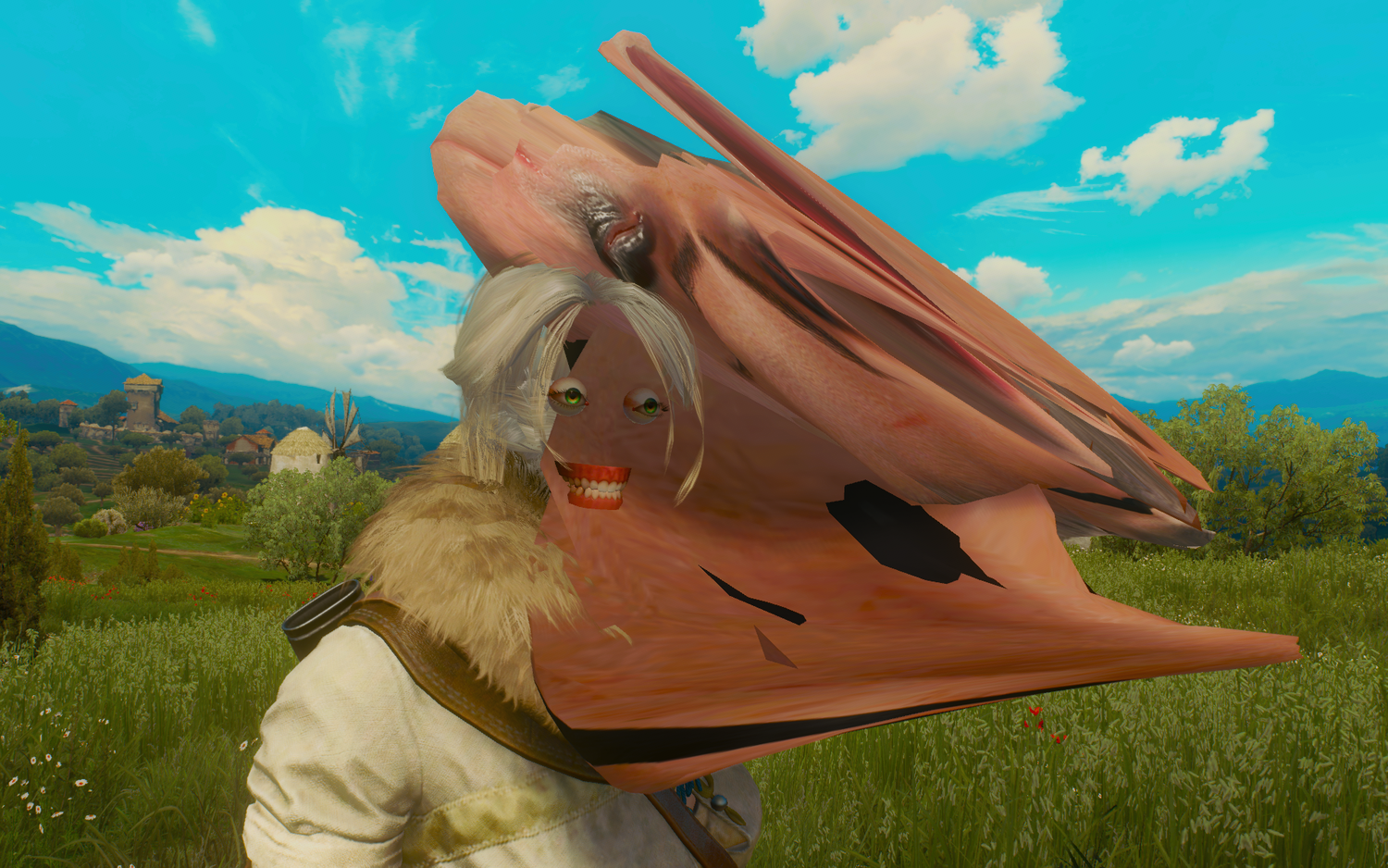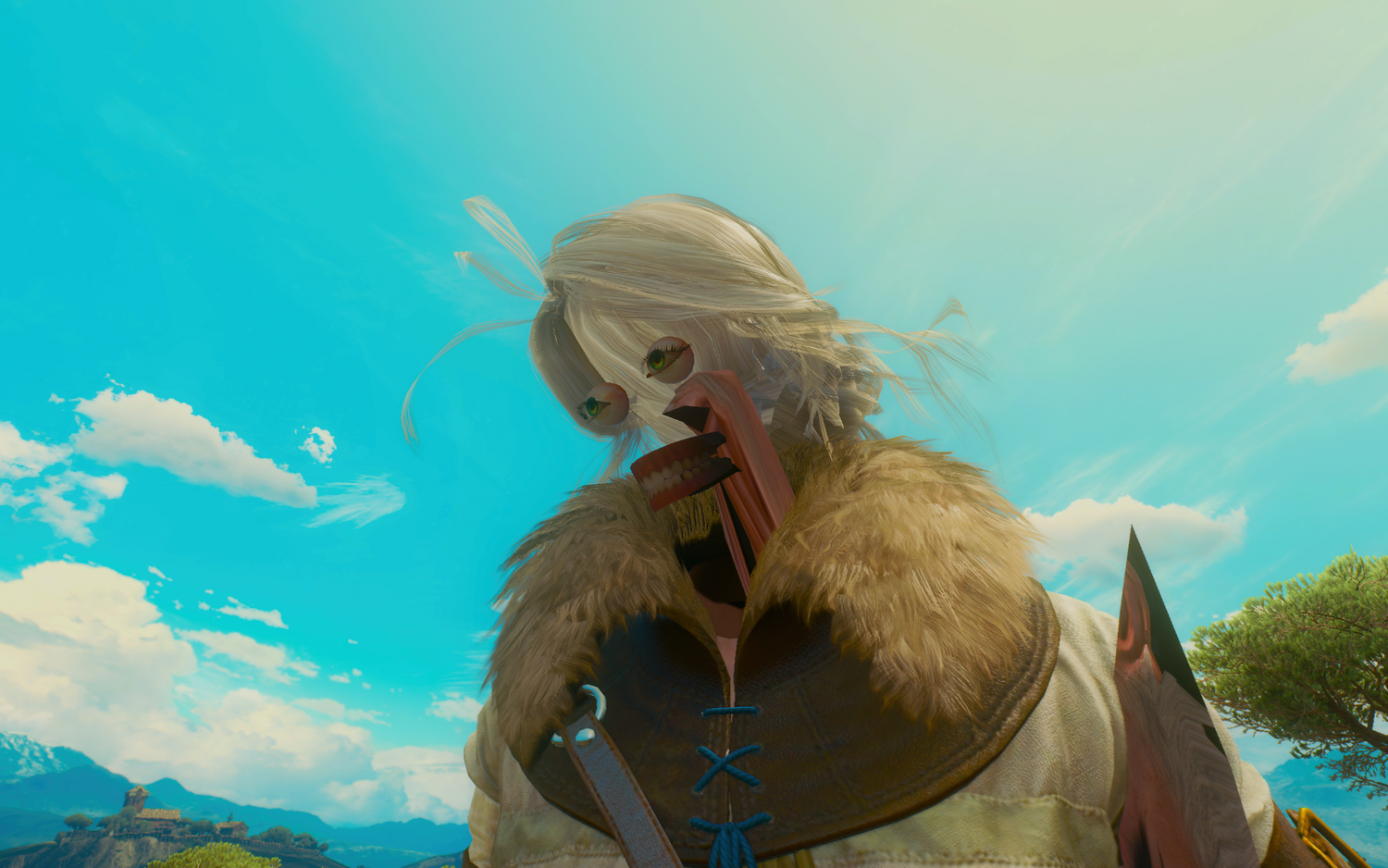We are delighted to present Thomas Hawranke’s Play As Animals at the upcoming Milan Machinima Festival in a new format.
Originally coiceived as a two-channel found footage installation exploring the nuanced existence of animals in the virtual realm of Grand Theft Auto V, Play as Animals is presented as a single-channel video within the context of MMF MMXXIV. This work artfully assembles YouTube clips, video sequences, and sound fragments into a compelling visual narrative, highlighting the often-overlooked animal perspectives within a digital world primarily shaped by human stories. Hawranke examines the portrayal of these virtual beings, reflecting on human stereotypes and addressing the game-engineered discrimination they face. By stepping into the roles of these non-human characters, players are invited to view the game’s world through a fresh lens, challenging established norms and inviting a reevaluation of their interaction with the virtual environment. Indirectly, Hawranke asks the viewers: What insights emerge from exploring a trailer park on all fours, or experiencing the quietude of farm life? How does navigating the urban jungle as a pack alter one’s perception of the city? Does a fin's playful breach of water’s surface convey deeper meanings, and can one truly play with mice while sporting paws?
Born in 1977 in Bergisch Gladbach, Germany, Thomas Hawranke is a media artist and researcher whose practice investigates the influence of technology on society and the impact of computational logic onto human-animal-machine relationships. In his eclectic interventions, Hawranke operates at the intersection of performance and video art: a central concern of his is bringing to the surface the ideologies that inform everyday life. Hawranke graduated in Media Art at the Academy of Media Arts Cologne and received a PhD from the Bauhaus-University in Weimar, Germany, with a dissertation on the modification of video games, also known as modding, as a method for artistic research. Since 2005, he has been a member of susigames, an independent art label founded in 2003 that investigates alternative gaming’s approaches, and he is the co-founder of the Paidia Institute in Cologne. His works have been presented at several exhibitions and festivals, including the zkm_gameplay in Karlsruhe and the RENCONTRES INTERNATIONALES PARIS/BERLIN. Hawranke lives and works in Cologne, Germany. His recent collaboration with Lasse Sherfigg, Colossal Cave Adventure - The Movie, was featured on VRAL.
Read more about the 7th edition of the Milan Machinima Festival


